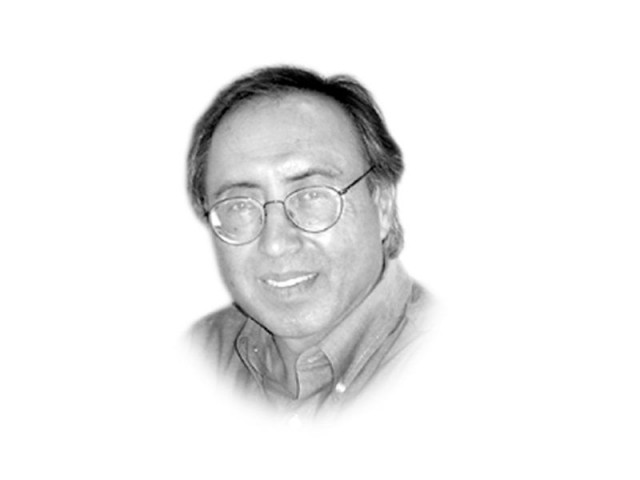Land to landless, peasant, the tiller
The softness of the state over illegal takeover of public land for religious purposes has encouraged more of the same

The writer is a professor of political science at LUMS, Lahore. His recent book is Imagining Pakistan: Modernism, State and the Politics of Islamic Revival (Lexington Books, 2017)
The state and the state functionaries have been conniving with, and even helping the powerful land mafias of the country. Consider, how many times and how many pieces of real estate have bureaucrats, journalists, and members of the political class or their families have been given by the housing societies? Since it is about the most powerful one, the Federal Investigation Agency or the National Accountability Bureau may never go after these ‘respectable’ people. Even a layman with little knowledge of politics would tell you how and why power to act or not act by bureaucracy is exchanged for favours—in kind and cash.
For decades, I have observed the poor landless families in Rajanpur Punjab, clearing public land around the river, which is flooded in summer, to cultivate in the fall and winter. The Indus delta enriches fertility of land every monsoon season by leaving a very thick sheet of fine soil. Use of machinery and chemical fertilisers has added to the productivity of land. This brought in more powerful local actors into riverine areas, claiming bigger chunks of land, that in some cases displaced weaker peasants. Cultivatable public lands have been sold and leased by the land grabbers, while the poor peasants have sustained themselves by clinging on to small pieces.
Last month, the peasants in Rajanpur, and may be true in other districts as well, have been told to leave the land barren. If they sowed wheat crop, the local administration would arrest them and register cases against them. Tens of thousands of peasants wouldn’t have anything to feed their families next spring.
We are not sure what the Punjab government wants to do with the riverine or other public lands. There is no policy as yet; there should have been one even before the peasantry was evicted. Probably, they would like to dispose of all kinds of public lands for good to put money in the ‘empty’ treasure of the provinces and the federal government. What about broadening the tax net, and taxing the rich? It is rather a difficult proposition, as it tests the competence and integrity of the FBR.
Depriving the landless poor of public lands that they have cleared and been cultivating for generations would be unfair, unjust, and even politically unwise. These lands justly belong to the landless poor. They deserve to be given ownership rights.
Published in The Express Tribune, November 14th, 2018.
Like Opinion & Editorial on Facebook, follow @ETOpEd on Twitter to receive all updates on all our daily pieces.













COMMENTS
Comments are moderated and generally will be posted if they are on-topic and not abusive.
For more information, please see our Comments FAQ